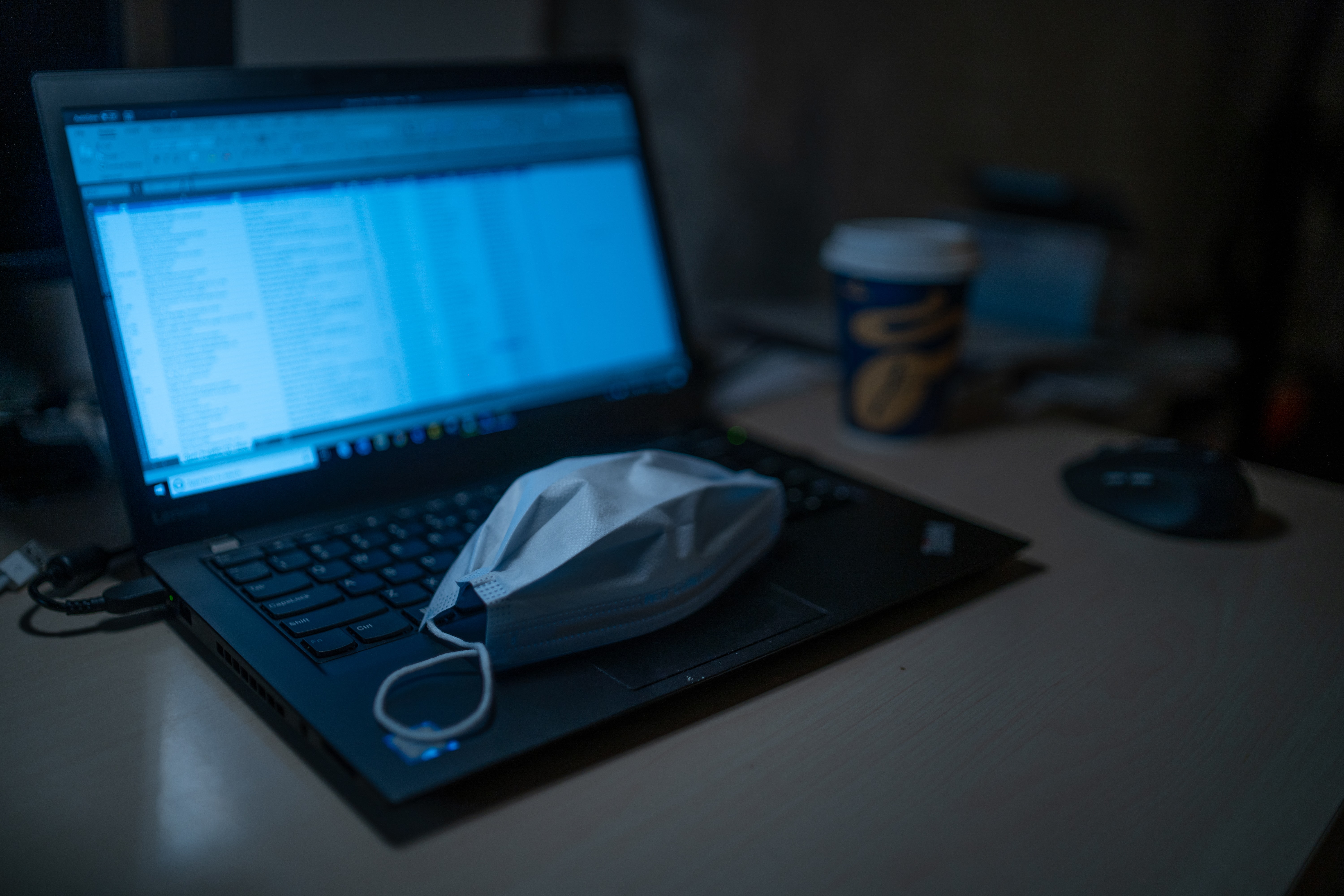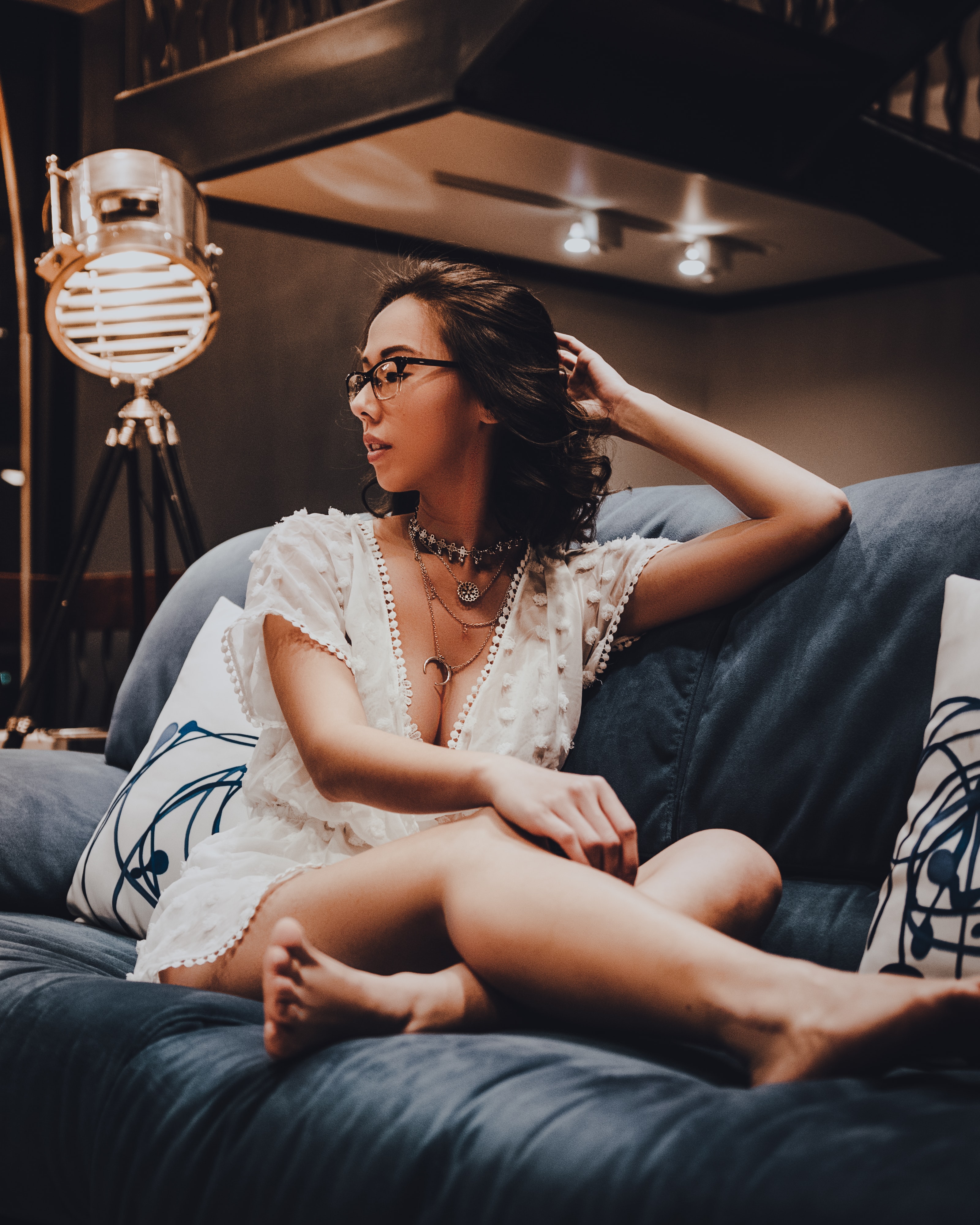Global news is an intrinsic part of our society. Staying informed and connected to events has a profound impact on how we view the world and those around us. Without news, we would be at the mercy of our own social media echo chambers.
To some, the media is a towering autocrat, an enforcer of Orwellian censorship. In certain circles, it is seen as a form of mass population control and news anchors are little more than carefully painted puppets intent on hijacking the consumer of critical thought.
Despite these differences of individual opinion, since the COVID19 pandemic, we have found ourselves hoovering up as much information as possible.
We are bombarded with death figures, cases rising, hospital bed shortages and the ever pervasive image of the face mask.
While this information is helpful to some extent, it has caused a ripple of anxiety throughout the population and many people are now seeking help for pandemic fatigue and other mental health problems.
Death rates have risen into the thousands, the ongoing mask debate has divided communities and in some cases even family members. 
Sombre tales of fringe cases make headlines across the world. That perfectly healthy 30 year old who died alone in hospital could be you. It seems plausible, you think, as you wash your hands into rawness.
I found myself at a point of saturation way back in April. I was glued to the 10’o clock new bulletin, staring at a collage of faces. They were the health workers who had died of COVID19. The faces began to blur in front of me as my eyes filled with tears. Later that night I found I couldn’t sleep. I closed my eyes and saw one hundred strangers, of all races and ages.
I had to ask myself, was this information a help or a hinderance?
I knew the facts. I knew the risks. I had seen the upward curves of many an infographic.
Did I need to be lying awake at 2am, clutching my chest on the verge of an anxiety attack?
I knew I wasn’t alone. A friend of mine had become obsessive about taking her tempature. Another didn’t even want to leave the house to pick up some milk.
They cited the horror stories, sent me links to articles. The death rate of COVID19 is on average below 4% but it started to feel a lot higher than that.

That’s when I decided to do a news detox. News is my passion, and my profession. However I made the choice to go into the wilderness uninformed. I fought the compulsion to click. When I heard the familiar clang of the BBC News music I walked out of the room to read a book. I implored my partner to stop plugging me with information bites about Covid.
Soon enough that anxiety began to lift. Information wasn’t keeping me safe, it was drowning me. It felt refreshing to finally come up for air.
I reconnected with literature and drawing. One day a few hours had passed where the virus (miraculously) didn’t even cross my mind. The sense of impending doom was suddenly off the menu, all thanks to my own agency.
I found solace in positive, creative pursuits and sometimes it was nice just to sit on the sofa and watch an old movie. Your emancipation from news doesn’t have to be noble, nor does it have to unlock some deep rooted creative energy. You are perfectly at liberty to sit in a stained t-shirt with a bowl of noodles. It’s about creating breathing space for your mind. Crochet knitting can wait – as can that list of DIY tasks from 2005.
I think it’s healthy to go cold turkey on the news for a short period of time. If the world explodes in your absence you will know about it.

